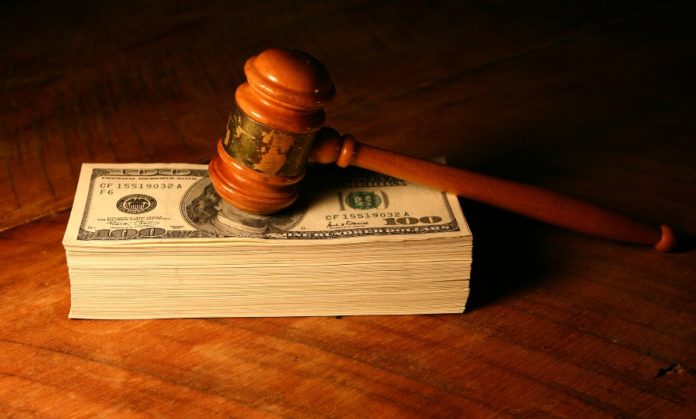There are many reasons why a person might owe interest or penalties to the Internal Revenue Service. Many of them involve paying too little in taxes or paying them too late. Others relate to providing the IRS with inadequate documentation. It’s important to avoid these mistakes when making payments and filing annual tax returns.
Insufficient Payments
Paying Too Little
Taxpayers can be fined for paying too little. This often happens by mistake when people make math errors on their tax returns. The IRS might only charge interest if the underpayment was caused by a minor mistake. However, it can add penalties if a person makes major errors or appears to deliberately pay too little.
Wrong Withheld Amount
The IRS also charges interest and penalties if a taxpayer has too little money withheld from his or her weekly paycheck. This can also happen if a self-employed person’s quarterly estimated payments are too low. To avoid fines, American taxpayers should owe no more than $1,000 when filing tax returns in April.
Paying Late
The government can penalize a taxpayer for paying late as well. This will happen if a tax return that includes a payment is postmarked after April 15th. There is also a penalty if the IRS receives payment on time but the taxpayer’s bank account has insufficient funds. In this situation, the person will be subject to an overdraft fee as well.
Inadequate Reporting
The IRS will charge penalties and interest when an individual does not file a yearly tax return. Although the fines will not be as harsh, the same holds true if it is submitted after April 15th. Some college students, retirees and unemployed people have little enough income that they are not required to file returns.
Unreported Income
Americans also face IRS penalties when they don’t report part of their income. Some people hide money in foreign accounts, don’t pay taxes on tips or get paid “under the table.” Firms that fail to report payments to employees can also get in trouble. It’s particularly important to report large prizes and gifts from foreigners.
Fraud
The IRS reserves its harshest penalties for individuals who commit fraud. These taxpayers deliberately conceal income or exaggerate expenses. The IRS might consider it fraud if a person tries to misuse credits or deductions, such as the earned income and fuel tax credits. The taxpayer may also be barred from using these credits.
There are various other reasons why the IRS might demand interest and/or penalties. This can occur even if there is no underpayment or lateness. Tax preparers may be penalized for making mistakes or helping taxpayers commit fraud. Also, there are fines for taxpayers who fail to send various reports and documents to the government.
To avoid penalties and interest fees, it is vital to carefully follow all instructions and leave extra time to finish tax returns. Keep in mind that it’s better to file a return with no check or a partial payment than to not file at all. Additionally, the IRS may cancel penalties if an unexpected event prompted the lateness.



